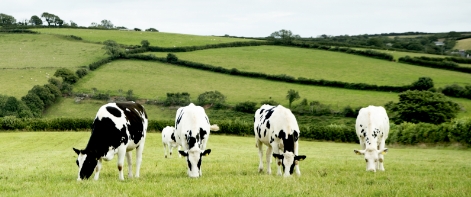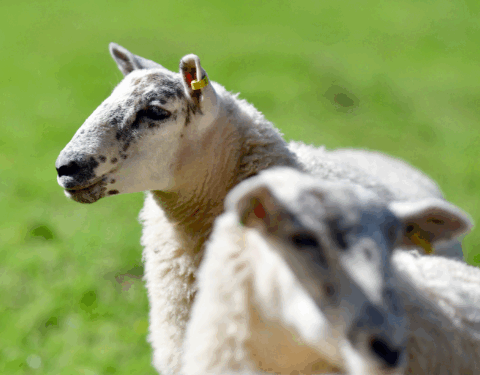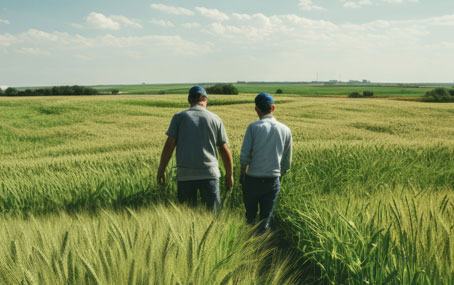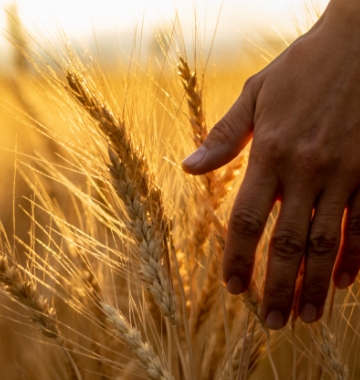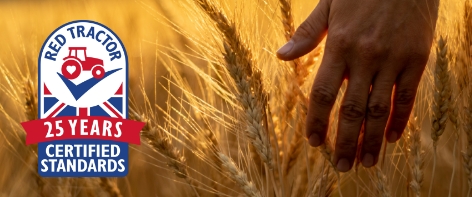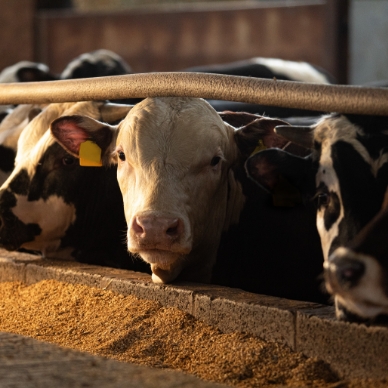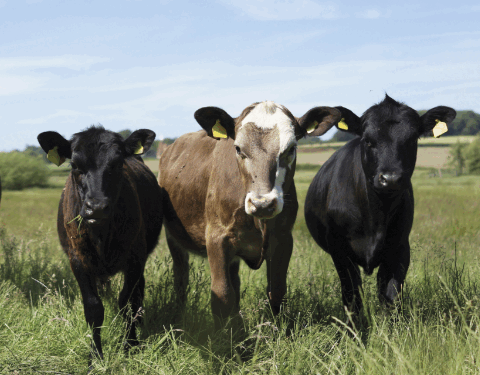Red Tractor Chief Executive, Jim Moseley has announced that he will retire from full-time employment in April 2026.
“After 50 years in the food and drink industry, and 9 years as Chief Executive of Red Tractor, now is the right time for me to take a step-back to enable more personal time,” Jim Moseley said. “I will leave Red Tractor in a strong position to support the future of British food and farming, with a Board, a Leadership Team and tremendous employees who have the skills, knowledge, experience and dedication to carry Red Tractor forward.
“I would like to take this opportunity to express my gratitude to the team at Red Tractor for their immense contribution and hard work. Assurance is not an easy occupation, but the team at Red Tractor deliver their roles with huge professionalism and extraordinary resilience. This team is one of the strongest I have had the pleasure of working with. Red Tractor’s recognition by the World Health Organisation as a ‘global exemplar of a voluntary assurance programme’ is testament to their abilities and the quality of the scheme.”
Alistair Mackintosh, Chair of Red Tractor said: “Jim has made an extraordinary contribution to Red Tractor and British food and farming. Consumer trust in British food is at record levels, as are the number of retailers, caterers and brands relying on Red Tractor assurance. The influence that Red Tractor has in securing markets and demand for British produce, should not be underestimated. Jim will leave an organisation which is highly motivated, financially sound and well governed. On behalf of Red Tractor’s Board of Directors, I’d like to thank Jim for his unrelenting support for British food production. I’m very grateful for Jim’s support as we continue to deliver real, tangible change for farmers, while recruiting a new Chief Executive.”
Watch an interview with Jim Moseley explaining his reasons for retirement
Jim Moseley has worked in every aspect of food and drink, starting out in primary agriculture before moving into food manufacturing, responsible for some of the UK’s biggest food brands. He’s represented the industry at the highest level with governments and global bodies, as President of the Food and Drink Federation, Chair of the Provision Trade Federation, Member of Food Drink Europe and as an industry representative of various government groups including the Trade & Agriculture Commission. He became Chief Executive of Red Tractor in 2017, having previously served as its Chair for two years.
Jim will remain in post for the remainder of the 2025/26 financial year, enabling time for the recruitment of a new Chief Executive while Red Tractor continues to focus on its current priorities, including delivering the recommendations set out in the Farm Assurance Review.
After retiring as Chief Executive of Red Tractor, Jim plans to focus on roles that will give him more time to focus on family and personal life. The process for recruiting a new Chief Executive will be shared in due course


